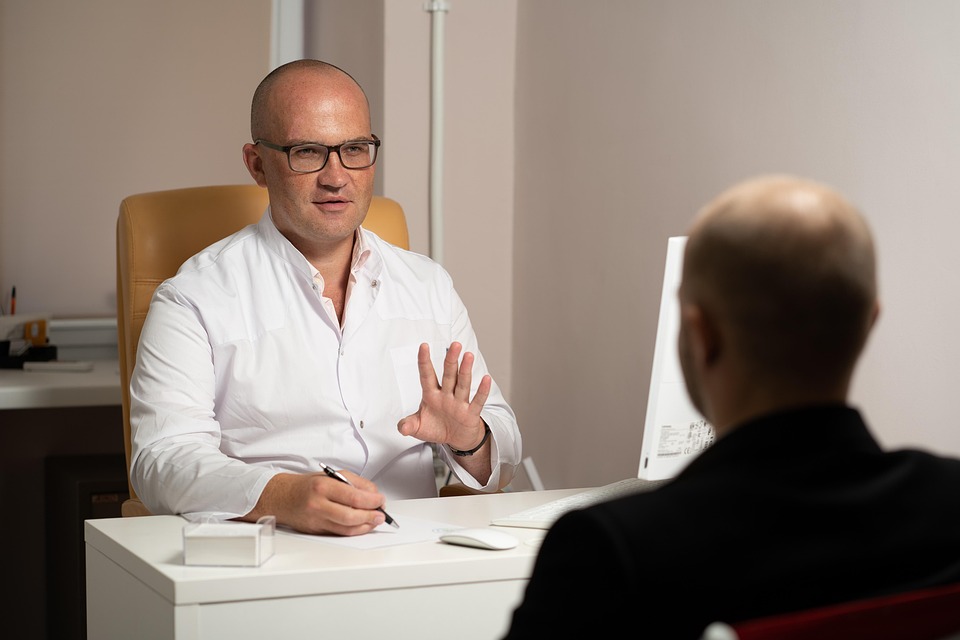Crafting an Impactful Cover Letter for Clinical Psychologist Positions: Essential Tips and Examples
When it comes to securing a position as a clinical psychologist, your cover letter serves as a vital bridge between your CV and the hiring panel’s expectations. It’s not merely a formality; rather, it’s an opportunity to showcase your personality, passion, and professional ethos. Here are several key elements to consider as you craft this critical document.
1. Personalisation is Key
A generic cover letter often ends up in the bin. Tailor your letter to the specific role and institution. Research the organisation’s values, recent projects, and any unique methodologies they employ. Reference these elements in your letter. For instance, if the clinic has a strong focus on cognitive behavioural therapy (CBT), illustrate your experience in this area, perhaps through a personal anecdote or a specific case study that highlights your competency.
2. Highlight Relevant Experience
Your experience is your strongest asset, but simply listing it isn’t enough. Weave your professional journey into a coherent narrative that demonstrates your growth and adaptability. For example, you might want to discuss your internship in a community mental health setting, emphasising how it equipped you with the skills to handle diverse client needs. Use metrics to bolster your claims where possible—mentioning any improvements in client outcomes or successful implementation of treatment plans can add weight to your narrative.
3. Showcase Your Soft Skills
In the realm of clinical psychology, technical skills alone won’t cut it; soft skills are paramount. Empathy, communication, and a non-judgmental attitude are essential. Illustrate these attributes through real-life scenarios. Perhaps recount a moment when your empathetic approach led to a breakthrough with a particularly challenging client. These stories not only humanise your application but also resonate deeply with those in the profession.
4. Professional Development and Lifelong Learning
The field of psychology is ever-evolving, necessitating a commitment to ongoing education. Mention any relevant workshops, conferences, or courses you’ve undertaken. If you’ve delved into emerging therapies or contemporary issues such as digital mental health, highlight this. It demonstrates your proactive stance towards professional development and your dedication to staying at the forefront of psychological practice.
5. Crafting a Compelling Conclusion
End your letter with an assertive yet gracious closing. Reiterate your enthusiasm for the position and your eagerness to contribute to the organisation. For instance, you might say something like, “I am excited about the possibility of bringing my expertise in therapeutic techniques and client engagement to your esteemed team.” This leaves a lasting impression, reflecting your confidence and readiness for the role.
Final Thoughts
Your cover letter is not merely an accessory to your CV; it’s a vital tool in articulating your professional identity and aspirations. By personalising your approach, highlighting relevant experience, showcasing essential soft skills, emphasising ongoing professional development, and crafting a compelling conclusion, you’ll position yourself as a strong candidate for any clinical psychologist role.
As you embark on this journey, remember that CVPortal continually brings you a variety of high-quality CV references to aid you in your application process.


